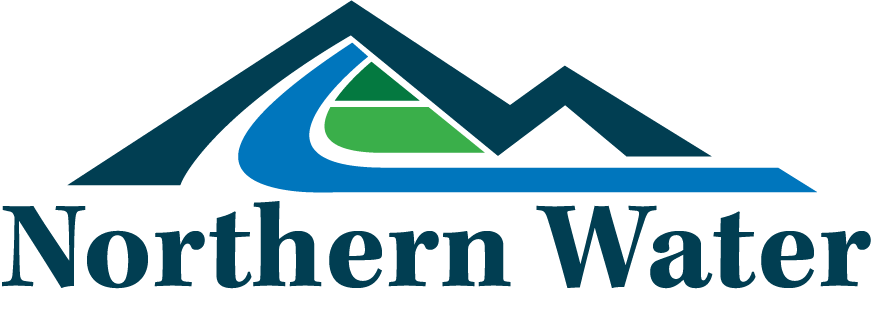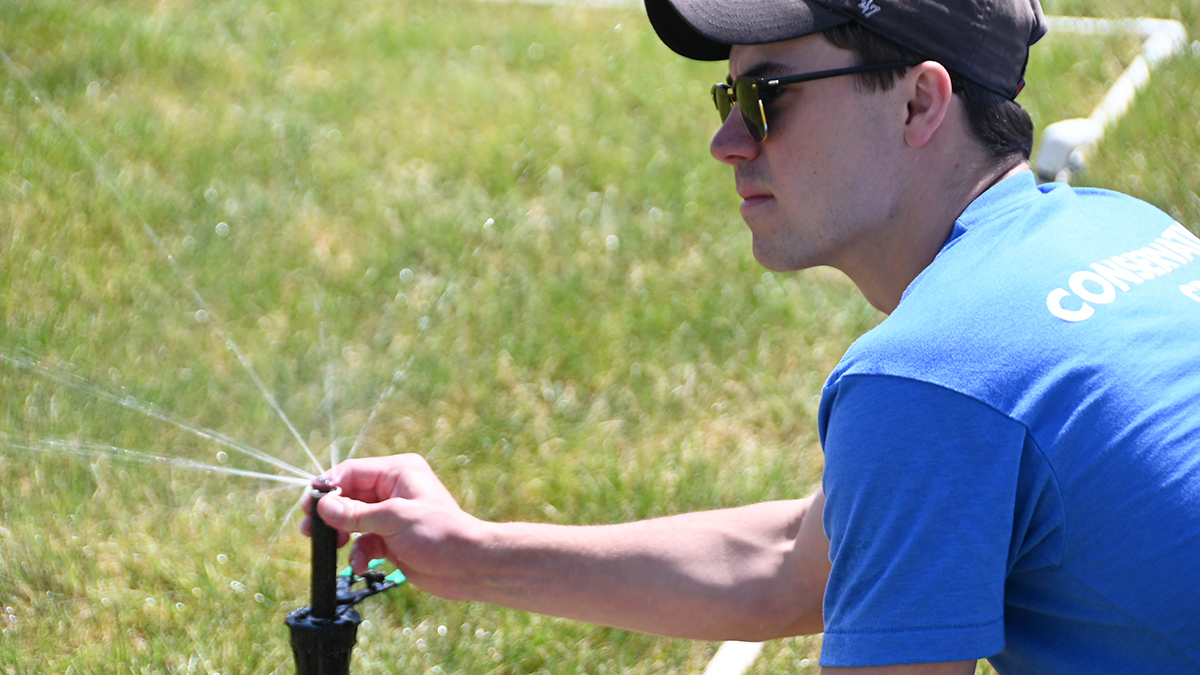Inspect Sprinkler Systems for Efficient Use During Heat
Historically, July is the hottest month in Colorado. As temperatures rise across the state, landscapes react to the weather and require increased water usage. Irrigating properly ensures the landscape stays protected from heat, resulting in efficient water use that reduces your water bill and demand on your local watershed.
Here are some tips to keep your landscape healthy this summer without overwatering:
Routine Sprinkler Inspections
- Run each zone manually and inspect each sprinkler head. Ensure heads are straight, not leaking and applying water to the intended area. Adjust heads over- spraying onto paved surfaces or areas not requiring irrigation.
Check your Schedule
- Set your controller’s schedule for the hottest time of the year, then use the seasonal adjust feature to reduce watering during cooler, shoulder seasons. This means the peak season demand should be set at 100 percent of seasonal adjustment.

